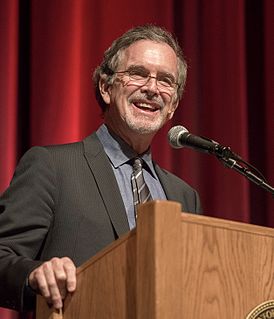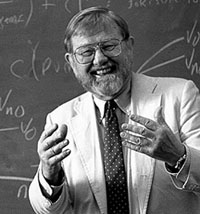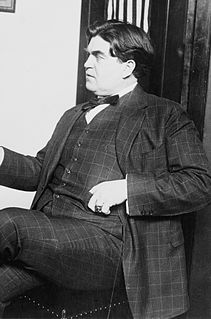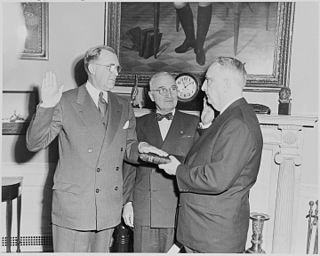A Quote by John F. Kennedy
Collective bargaining has always been the bedrock of the American labor movement. I hope that you will continue to anchor your movement to this foundation. Free collective bargaining is good for the entire Nation. In my view, it is the only alternative to State regulation of wages and prices - a path which leads far down the grim road of totalitarianism. Those who would destroy or further limit the rights of organized labor - those who would cripple collective bargaining or prevent organization of the unorganized - do a disservice to the cause of democracy.
Quote Topics
Alternative
Always
American
Anchor
Bargaining
Bedrock
Been
Cause
Collective
Collective Bargaining
Continue
Cripple
Democracy
Destroy
Disservice
Down
Entire
Far
Foundation
Free
Further
Good
Grim
Hope
Labor
Labor Movement
Leads
Limit
Movement
Nation
Only
Organization
Organized
Organized Labor
Path
Prevent
Prices
Regulation
Rights
Road
State
Those
Totalitarianism
Unorganized
View
Wages
Which
Will
Would
Your
Related Quotes
The organized labor movement as it is constituted today is as much a concomitant of a capitalist economy as is capital. Organized labor is predicated upon the basic premise of collective bargaining between employers and employees. This premise can obtain only for an employer-employee type of society. If the labor movement is to maintain its own identity and security, it must of necessity protect that kind of society.
I was never presented with the details as far as the collective bargaining system is Greece. I am in favor of a normal system without giving the labour minister the right to extend the results to extend the result of the collective bargaining to the whole of the real economy. The government has to make sure that the results will not harm the situation of small and medium enterprises.
Unions are for 'collective bargaining,' not individual bargaining. It follows that most of the achievements of a union, even if they were more impressive than the staunchest unionist claims, could offer the rational worker no incentive to join; his individual efforts would not have a noticeable effect on the outcome, and whether he supported the union or not he would still get the benefits of its achievements.
Unemployment insurance, abolishing child labor, the 40-hour work week, collective bargaining, strong banking regulations, deposit insurance, and job programs that put millions of people to work were all described, in one way or another, as 'socialist.' Yet, these programs have become the fabric of our nation and the foundation of the middle class.
































